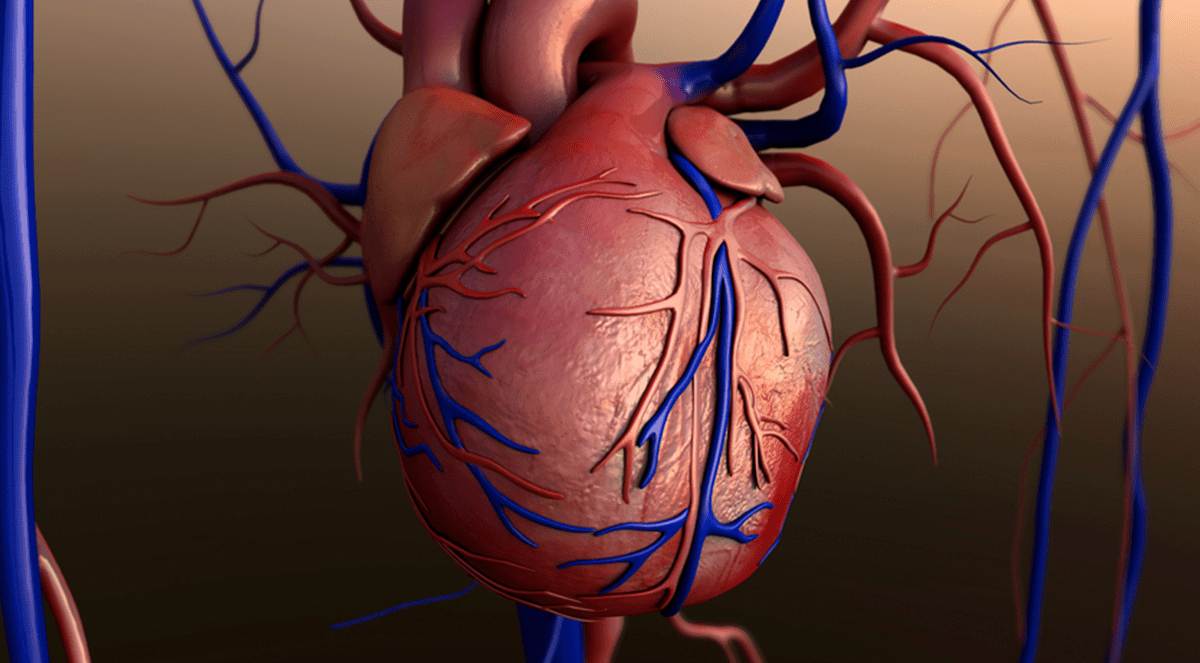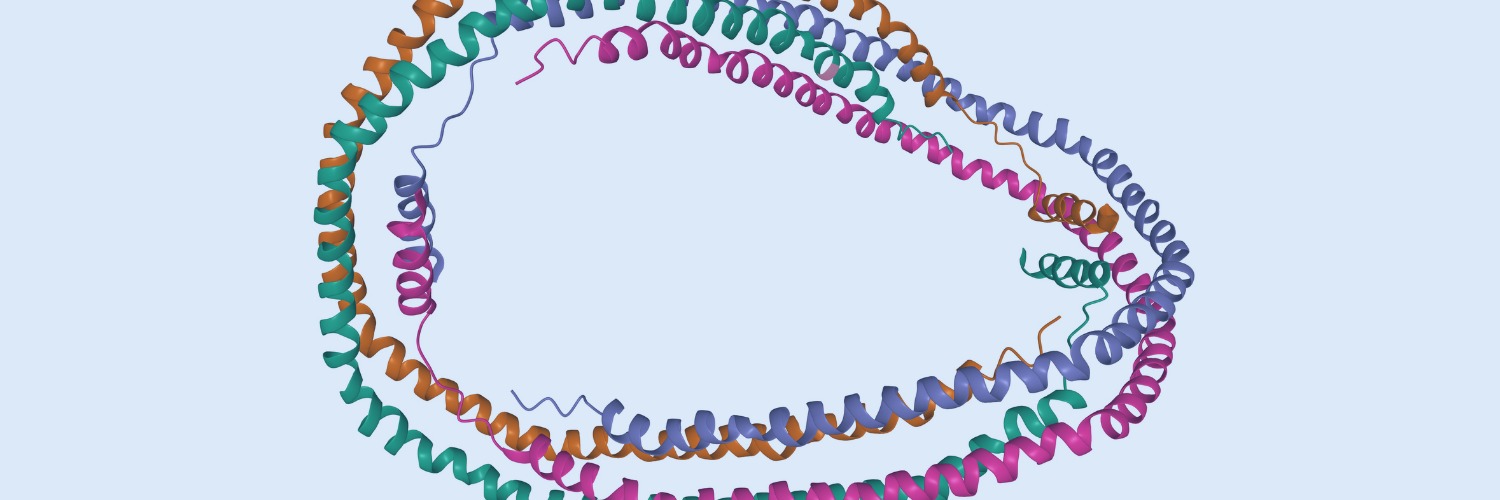The following is a summary of “Diagnostic biomarkers and aortic dissection: a systematic review and meta-analysis,” published in the October 2023 issue of Cardiology by Chen et al.
Aortic Dissection (AD) is a severe and fatal vascular disease. Early and accurate diagnosis is essential, and blood biomarker testing is a promising tool. Researchers conducted a retrospective study to identify and evaluate current blood diagnostic biomarkers of AD.
They systematically searched the PubMed, Cochrane Library, Web of Science, and Embase electronic databases from inception to January 1, 2023, using the terms “aortic dissection,” “serum,” “plasma,” and “diagnosis.” Random-effects meta-analysis used Stata 12.0 software to establish effect sizes and their 95% CIs. Next, a summary receiver operator characteristic (SROC) curve was generated, and the area under the ROC curve (AUC) was computed.
The results showed that D-dimer exhibited superior sensitivity and an AUC of 0.95 (95% CI: 0.93–0.97) for aortic dissection (AD), whereas with a cut-off of 500 ng/mL, it achieved a sensitivity of 0.97 (95% CI: 0.95–0.99) and an AUC of 0.94 (95% CI: 0.92–0.96). In contrast, microRNA demonstrated a higher specificity value of 0.79 (95% CI: 0.73–0.83) for AD.
Investigators concluded that D-dimer and microRNA are promising blood biomarkers for AD diagnosis, but the combination with other biomarkers may further improve accuracy.
Source: bmccardiovascdisord.biomedcentral.com/articles/10.1186/s12872-023-03448-9



















